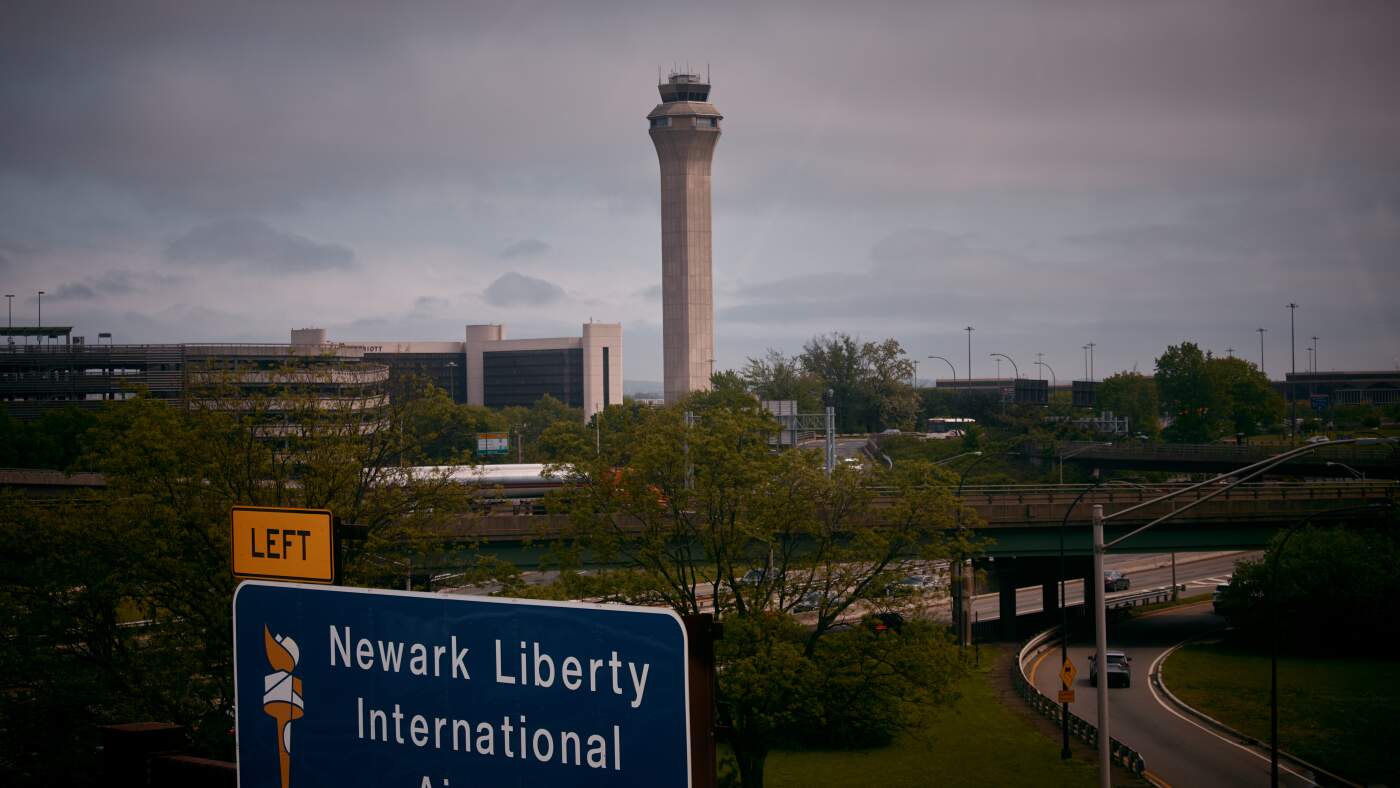On Monday evening, the Federal Aviation Administration (FAA) confirmed that as few as three air traffic controllers were scheduled at a Philadelphia radar center to manage flights into and out of Newark Liberty International Airport. This is significantly lower than the target of 14 controllers agreed upon between the FAA and the air traffic controllers union. NPR has not independently verified this report. The FAA did not respond to inquiries about the agreement, and the union did not comment despite multiple requests.
In an email to NPR, FAA spokesperson Rick Breitenfeldt stated that at least three controllers were scheduled for each hour at the Philadelphia facility managing Newark’s airspace. Breitenfeldt added, “We plan for staffing with traffic management initiatives to ensure safety is never compromised.”
The staffing shortage comes amid challenges for the FAA in maintaining smooth air travel at one of the busiest airports in the country. Issues such as technological problems, a worker shortage, and ongoing runway construction have disrupted operations recently. To address these challenges, the FAA has slowed arrivals and departures at Newark, leading to numerous cancellations and delays.
Transportation Secretary Sean Duffy emphasized during a press conference that reducing flights at Newark is not intended to inconvenience travelers but to ensure safety. While air traffic controllers in an airport’s tower handle nearby flight traffic, the Terminal Radar Approach Control (TRACON) manages planes further away from the airport. Management of flight traffic at Newark was moved from Long Island to Philadelphia last summer.
The Philadelphia facility controlling Newark airspace currently has 22 fully certified controllers and five supervisors, along with 21 controllers and supervisors in training. The FAA highlighted that the U.S. faces a national shortage of air traffic controllers, and staffing goals for Newark’s airspace have not been met for years.
MIT professor John Hansman noted that while low staffing levels may cause slowdowns, they are unlikely to compromise passenger safety. However, extreme cases could lead to concerns about fatigue and stress affecting performance.
Brief communications outages in Philadelphia earlier this year impacted Newark operations. Following these incidents, some controllers took time off due to stress. Another telecommunications issue on Sunday briefly slowed traffic at Newark, but a recent software update helped prevent a full outage.
— new from NPR
